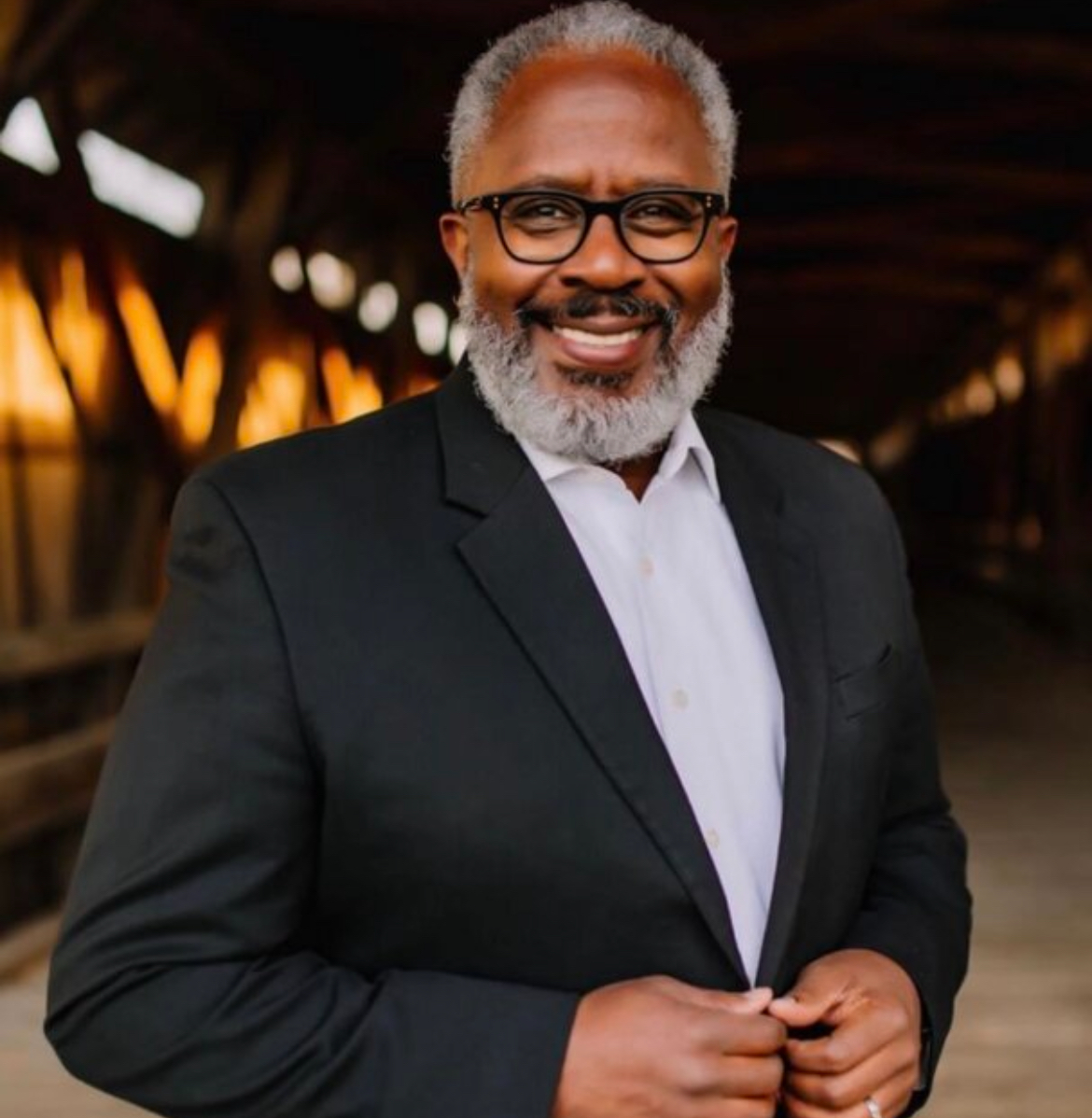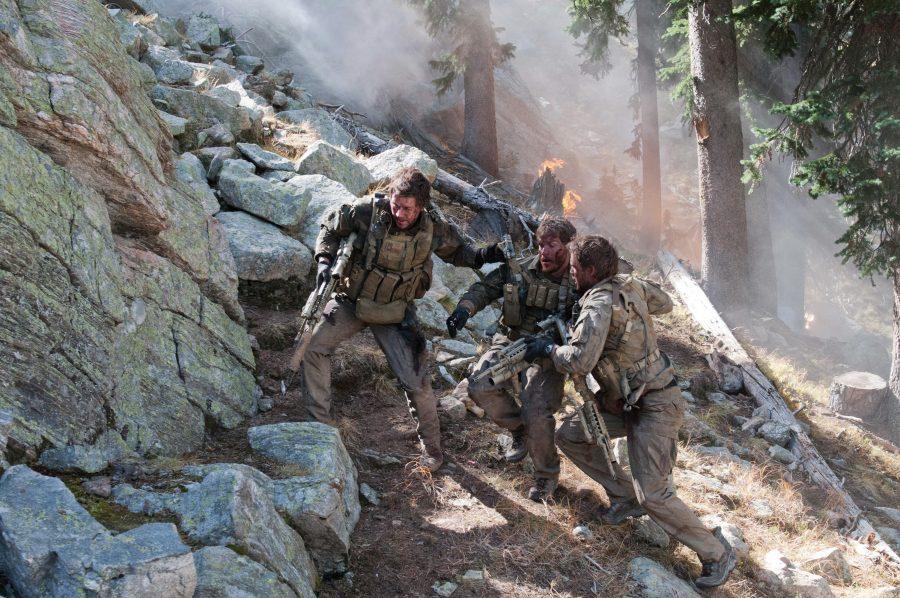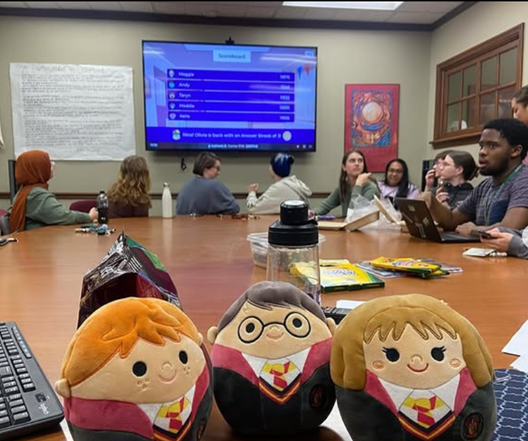Lone Survivor is based upon a book written by the surviving member of a Navy Seals Team. The movie is a heart-wrenching reenactment of a mission gone utterly wrong. The foursome of actors is headed by the one and only Mark Wahlberg, who plays the role of Marcus Luttrell; a native Texan who had dreamt of being a Navy Seal since the ripe age of 14. His field of expertise was as a Special Operations Combat Medic, and he served with the men in Operation Red Wings.
The story, told by Marus Luttrell, in both the movie and the book, is one of brotherhood and patriotism. The camaraderie formed between the men who join the Navy Seals is unlike anything else. These men went through hell and back to serve and be a part of one of the world’s most prestigious military sects. The brotherhood of these warriors is like family. The most essential part of the story is to understand what these men meant to each other and why this story is different. This story is different because the harsh taste of reality is forced upon the audience; not everyone survives. The last few moments of the three men who fought beside Luttrell serve as the focal point of the story as the men face near certain death. The moments of heroism and selflessness demonstrated by the men are immeasurable. The movie portrayal of the story provides the audience with the most emotional losses one could ever imagine.
The other important facet of the story is the astonishing survival of Luttrell. After surviving multiple severe wounds from the battle, he fell unconscious for a period of time. After awaking, he proceeded to live and survive in the wilderness for days until Pashtun villagers found and took him in order to protect him from the Taliban, who began searching the village to find him. It is astonishing that anyone in Afghanistan would even think to harbor an American soldier proving Americans, in general, have a very jaded view of the war in the Middle East and of its inhabitants.
The Pashtun people are native inhabitants of Afghanistan. They follow a system of ethical codes and laws that are referred to as the Pashtunwali. The law of Nanawatai roughly translates to “asylum,” referring to the protection given to a person against his or her enemies. People are protected at all costs; even those running from the law must be given refuge until the situation can be clarified. This ancient code and these people are what helped Luttrell live to tell the story. Besides the “code,” I think something else is seen here, something which isn’t seen often enough in the world: The action of great compassion shown toward one another, someone who is in dire need of help and sanctuary. These people who live in a valley and country shrouded by war provided empathy to a person whom they did not even know.
The Story of Marcus Luttrell is moving and brings one to tears. Death and loss are ever present and provide a very solemn narrative. But this action alone provides one with a glimpse of hope, an action done out of empathy toward one who is suffering greater than anyone could ever imagine. It was a refreshing action of mercy in a world surrounded by turmoil. This action provided me with a sense of deep gratefulness to live in a world that still has the ability, despite all the evil, to be compassionate and “human” toward others.
Most importantly, one should take away from this story that these men were real soldiers, and this story is very real. These men lived, breathed and bled for something greater than themselves. They fought courageously for their loved ones, their country and the brothers that were next to














































































































